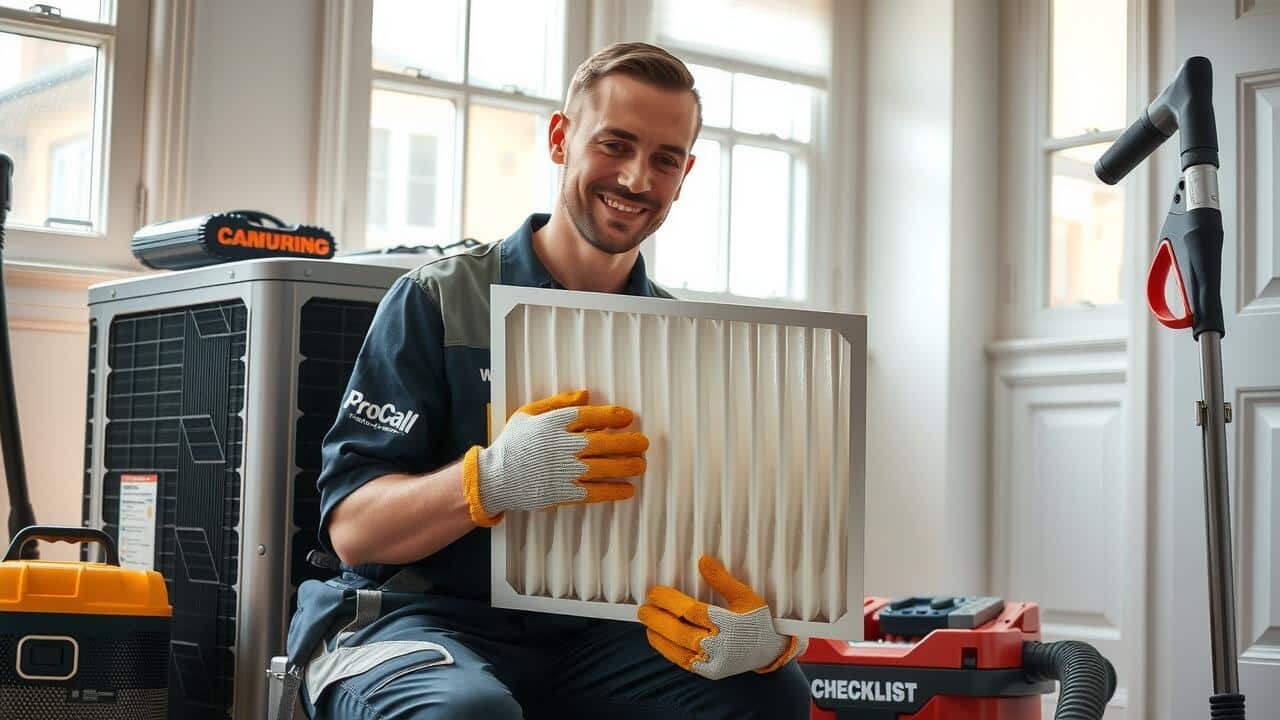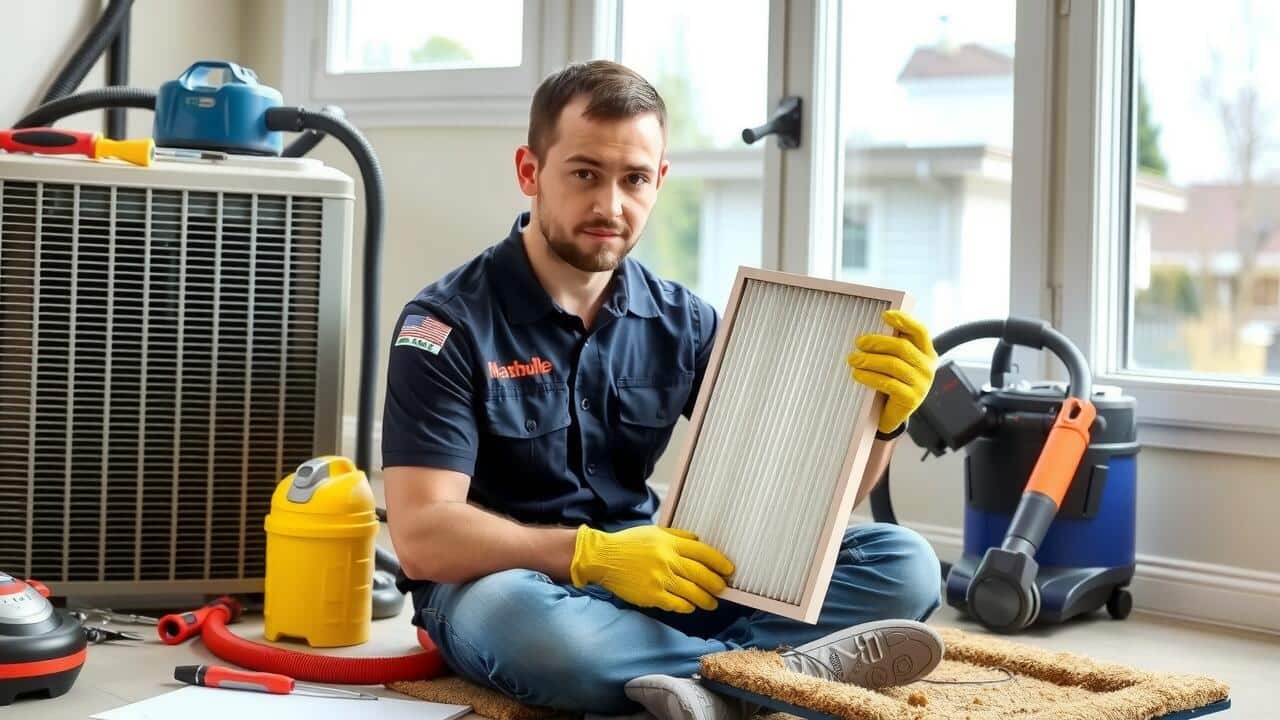
Table Of Contents
Common Mistakes to Avoid
One common mistake people make when replacing air filters is neglecting to check the size and type required by their HVAC system. Not all filters are interchangeable. Using the wrong size can lead to decreased efficiency and may even cause damage to the system. Always refer to the specific recommendations in your owner’s manual or consult with a professional if you’re unsure. Searching for “Air Filter Replacement near me” can help identify local resources that provide the correct filters.
Another pitfall is failing to inspect the condition of the air filter before replacing it. Many homeowners may replace a filter simply because it has reached the end of its intended usage timeframe, without examining whether it is actually dirty or clogged. Regular visual checks can be beneficial, as some filters may not need immediate replacement. If you are looking for guidance or assistance, resources available through “Air Filter Replacement near me” can offer valuable support in ensuring you are maintaining your system effectively.
Pitfalls When Replacing Air Filters
One common pitfall many homeowners encounter when replacing air filters is failing to select the appropriate filter size. Air filters come in various dimensions, and using the wrong size can hinder airflow, leading to reduced efficiency in the heating or cooling system. It’s essential to measure the existing filter or refer to the manufacturer’s specifications to ensure a proper fit. This small oversight can result in bigger issues down the line, including increased energy bills and potential damage to the system.
Another mistake involves neglecting to check the filter type and efficiency rating. Different filters provide varying levels of filtration, and choosing one that does not suit your needs can lead to allergens and particles circulating in your home. When searching for “Air Filter Replacement near me,” it’s beneficial to explore options that detail their MERV rating to ensure your environment stays healthy. Being informed about the right filter will enhance the quality of air in your home while optimizing your system’s performance.
Frequency of Air Filter Replacement
The frequency of air filter replacement can vary based on several factors, including the type of filter, the environment, and usage patterns. Typically, residential air filters should be replaced every three months. However, households with pets or individuals with allergies may benefit from changing filters more often to maintain optimal air quality. Regular checks can help ensure the filter remains effective.
Homeowners often wonder how to find reliable assistance for this task. Searching online with phrases like “Air Filter Replacement near me” can yield local options for professional services or detailed guides for DIY replacements. Keeping track of replacement schedules can prevent issues related to air quality and system efficiency.
How Often Should You Replace Air Filters?
The frequency of air filter replacement can vary based on several factors, including the type of filter used and the environment in which it operates. Generally, it is recommended to replace standard disposable filters every 1 to 3 months. However, if you have pets or live in an area with high levels of dust and pollen, you may need to change the filter more frequently.
To ensure optimal air quality and system efficiency, it’s wise to check your filters regularly. If you notice a significant amount of dirt or debris on the filter, it is time for a change. Many people search for “Air Filter Replacement near me” to find local services that can help. By keeping an eye on your air filter’s condition, you can prevent potential issues with your HVAC system down the line.
Signs That Your Air Filter Needs Changing
A clean air filter is crucial for maintaining indoor air quality and the efficiency of heating and cooling systems. One of the primary signs that your air filter needs changing is reduced airflow. If you notice that your HVAC system struggles to maintain the desired temperature or if you feel less air coming from vents, this could indicate that the filter is clogged and should be replaced promptly.
Another key indicator is a noticeable increase in dust around your home. If surfaces seem to gather dust more quickly than usual or if you experience respiratory discomfort, a dirty air filter may be the culprit. Regular monitoring of these signs can help you avoid more significant issues. If you’re unsure about the condition of your filter, searching for “Air Filter Replacement near me” can connect you with professionals who can assist with the replacement.
Indicators of a Clogged or Dirty Filter
A clogged or dirty air filter can significantly impact the efficiency of your HVAC system. One of the most noticeable indicators is a reduction in airflow. If you find that the air coming from your vents is weak or inadequate, it may be time to check your filter. Additionally, increased energy bills can signal that your system is working harder to push air through a restricted filter.
Visible dust and debris accumulation on the air filter itself is another clear sign that it needs to be changed. If you notice a heavy layer of dust or a discolored appearance, your air filter is likely past its prime. Routine inspections can help you track when air filter replacement near me should be scheduled to maintain optimal system performance and indoor air quality.
FAQS
Can I replace my air filters myself?
Yes, you can replace air filters yourself. It’s a straightforward process that usually requires minimal tools and can save you money on professional services.
How do I know which air filter to buy?
To find the right air filter, check your HVAC system’s manual or look at the existing filter for its size and MERV rating. This information will help you choose a compatible replacement.
How often should I check my air filters?
It’s generally recommended to check your air filters every month, especially during peak usage seasons. Depending on your specific system and environment, you may need to change them every 1 to 3 months.
What are the signs that my air filter needs replacing?
Signs that your air filter needs changing include reduced airflow, increased energy bills, dust accumulation around vents, and visible discoloration or dirt on the filter.
Are there any risks associated with replacing air filters myself?
While replacing air filters is generally safe, potential risks include improper installation and not using the correct type of filter. Always follow the manufacturer’s instructions to avoid issues.
